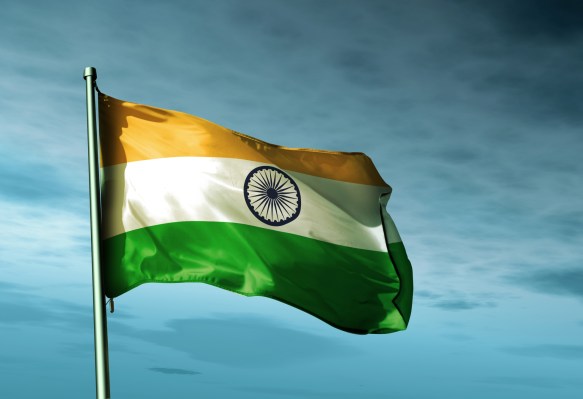Today is a good day for freedom of speech in India. The country’s Supreme Court struck down an ambiguous law that could be used to imprison citizens for content they post online.
NDTV reports that Section 66A of the Information Technology Act was declared unconstitutional at a session held this morning. The court added that the controversial law, which first came into existence in 2000, is “vague in its entirety” and in violation of existing free speech laws.
Quick refresher, this is what Section 66A actually is:
66A. Punishment for sending offensive messages through communication service, etc.
Any person who sends, by means of a computer resource or a communication device,—
(a) any information that is grossly offensive or has menacing character; or
(b) any information which he knows to be false, but for the purpose of causing annoyance, inconvenience, danger, obstruction, insult, injury, criminal intimidation, enmity, hatred or ill will, persistently by making use of such computer resource or a communication device,
(c) any electronic mail or electronic mail message for the purpose of causing annoyance or inconvenience or to deceive or to mislead the addressee or recipient about the origin of such messages,
shall be punishable with imprisonment for a term which may extend to three years and with fine.
As you can see, it is highly ambiguous, to the point that India’s former Information and Broadcasting Minister has even admitted that it is often misused.
A challenge was filed against the law in 2012 when student Shreya Singhal pressed for an amendment following the arrest of two girls over a Facebook post. Shaheen Dhada used the social network to criticize the shutdown of Mumbai following the death of politician Bal Thackeray. Her friend Rinu Shrinivasan’s crime was to click the Like button below said status update.
A court later rescinded charges against them, but Singhal had already jumped on the case to push for reform.
“Nobody should have fear of putting up something because of the fear of going to prison,” Singhal said in a comment today.
In its ruling today, the court did not strike down the website blocking powers of Section 66A, however, according to DNA. It isn’t entirely clear how that will shake down, but it does leave the possibility that the law can still be used to censor websites.
The ridiculousness of state-ordered censorship was made very obvious last December when the Indian government ordered 30 websites, including Github, Vimeo and Archive.org, to be blocked by ISPs. India has also dueled with Google, Facebook and Twitter in the past over restricting content in the country.
Data released by Facebook this month showed that India’s government made the second highest number of requests for user information from the social network during the second half of 2014. While the volume of requests from the U.S. and UK governments dipped, India lodged more in H2 2014 than in the first half of the year.
